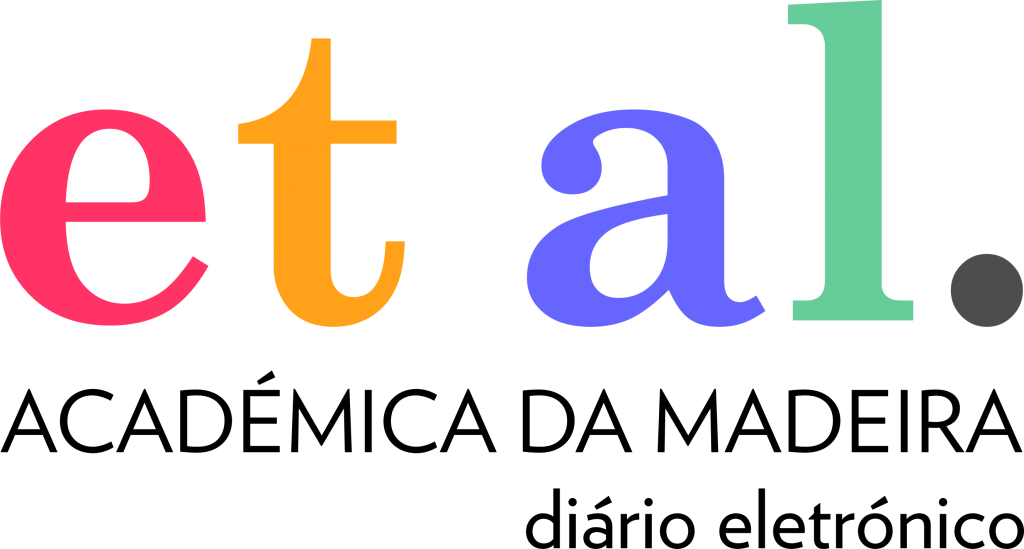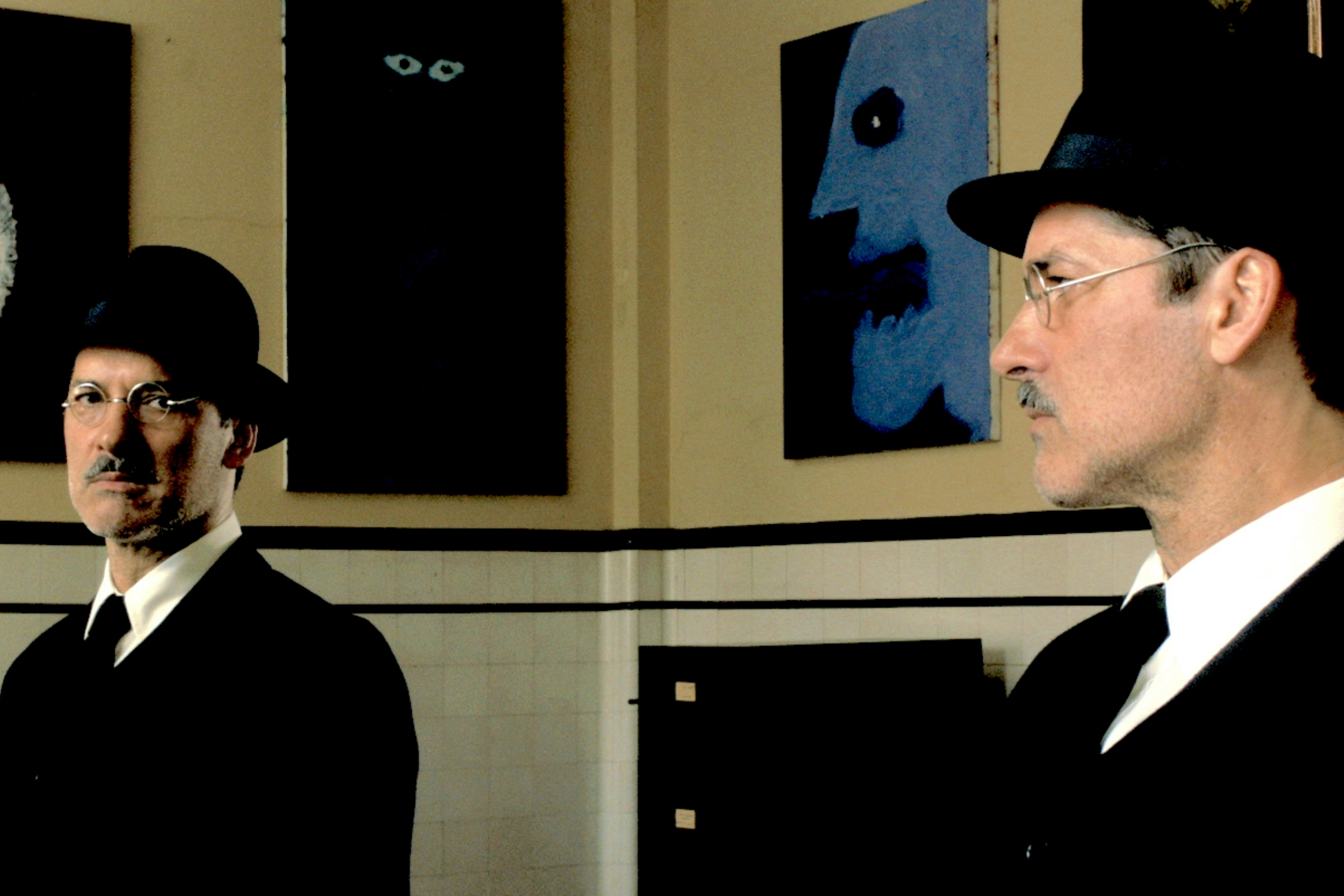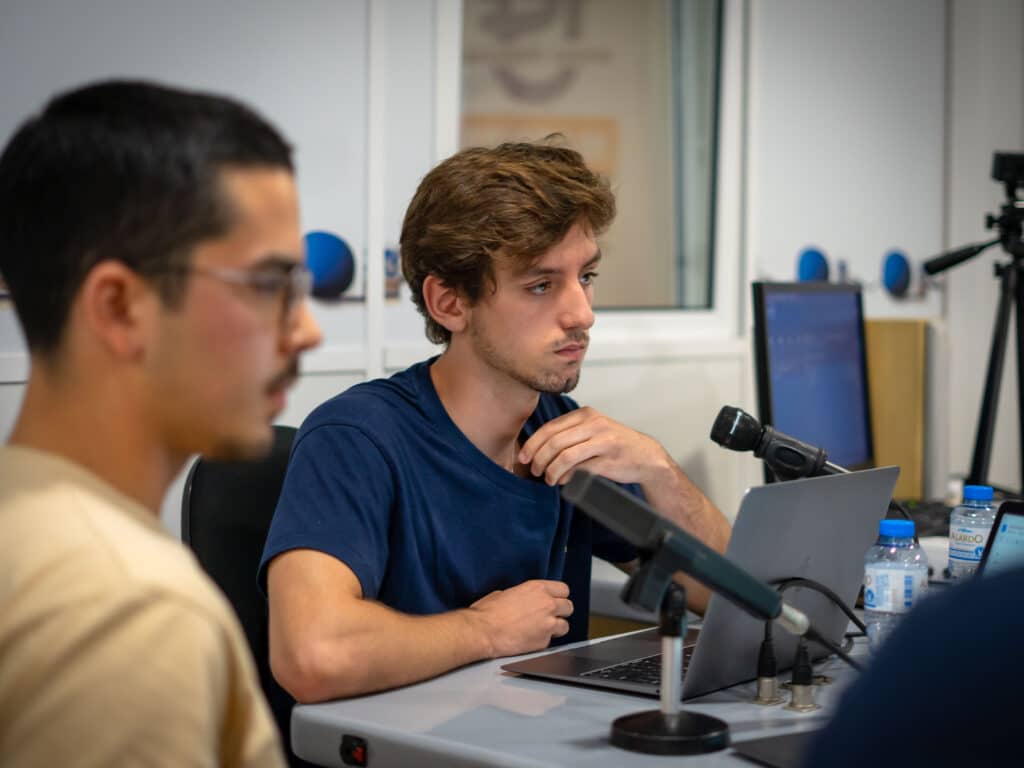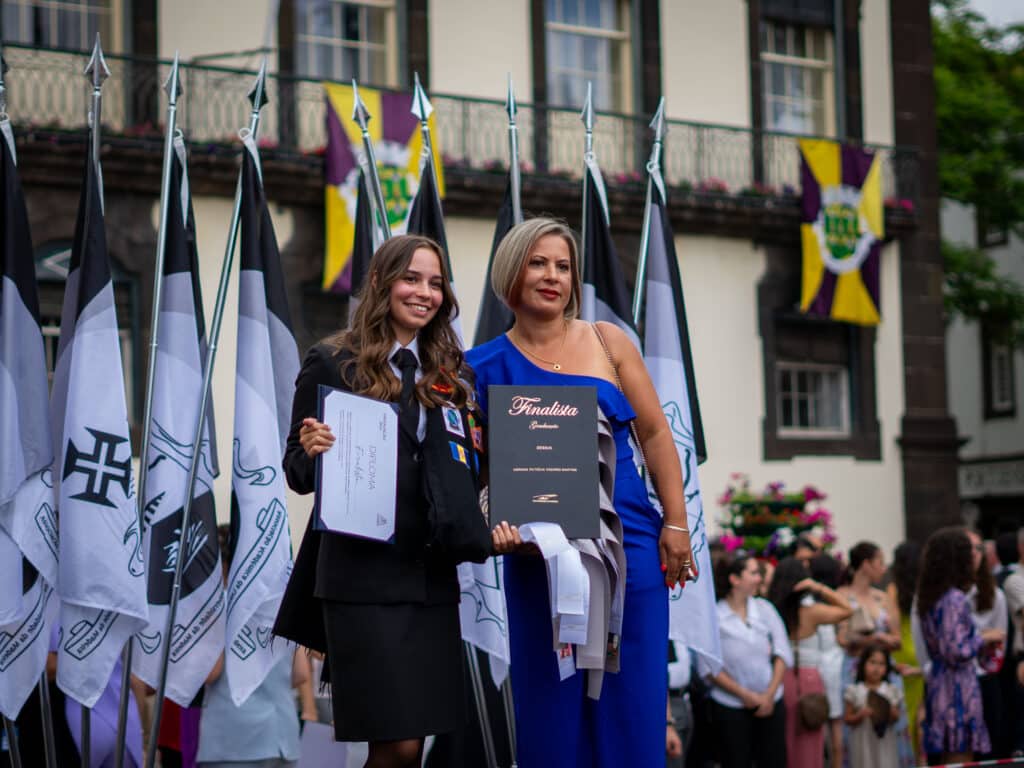Realizados um pouco por todo o mundo, num POETRY SLAM, cada participantes apresenta poesia, original ou de outro autor, de maneira expressiva e performática, sendo avaliados por um júri ou pela audiência presente, transmitindo a mensagem de uma forma cativante.
A ACADÉMICA DA MADEIRA que, através de várias iniciativas também tem abraçado a difusão deste género literário, abraçou a iniciativa proposta por um conjunto de jovens que estão na Madeira, ao abrigo do Corpo Europeu de Solidariedade, nas visitas HISTORY TELLERS, novamente premiadas em 2013. Um desse jovens e principal organizadora do POETRY SLAM é Katharina Bacher.

A HERANÇA MADEIRENSE assinala o World Heritage Day
A HERANÇA MADEIRENSE é um programa premiado da ACADÉMICA DA MADEIRA, desenvolvido desde 2016. O Dia Internacional dos Monumentos e Sítios, também conhecido como Dia do Património Mundial, é celebrado a 18 de abril de cada ano. Este ano, a HERANÇA MADEIRENSE assinala essa data com um vídeo promocional das suas visitas e com a oferta de um Passaporte Cultural aos nossos visitantes.

Livro Azul
Olá! Eu sou o Pedro Vale, professor de primeiro ciclo e aluno universitário de Cultura na UMa. Vivo na ilha desde
A receção dos participantes será feita no dia 19 de janeiro, a partir das 19:30, no Colégio dos Jesuítas. Os participantes podem ser singulares ou de grupo, atuar em Português ou em Inglês e a participação é livre. As inscrições para participar podem ser feitas aqui, não sendo necessário para os que pretendem apenas assistir.
O evento começa às 20:00 e as portas da rua dos Ferreiros abrirão um pouco antes para entrada do público.
Can you share your inspiration behind organizing a Poetry Slam event and how it differs from traditional poetry readings? What motivated you to create a platform that welcomes both seasoned poets and those with hidden poetic talents to showcase their work?
The origin of poetry slam comes from the US, Chicago. It started with Marc Kelly Smith around the 1980s. He wanted to create a more open, more active and lively space for poetry. It offers the audience to participate and be part of the show, what makes the situation more relaxing and fun. And it offers every person who wants to call them self a writer to go on stage and perform. Its about inclusion, getting people together who love poetry – and it doesn’t care what’s your story or where you come from. Nowadays you can find Poetry Slams all over Europe as well – there’s even a European and a World championship. Its a big community built on values of inclusion, open-mindedness and the love of art.
I started to participate as a Poet in Innsbruck, Austria five years ago. I wrote songs but never felt able to sing in front of a audience – so I took my lyrics and read them on stage until I made it to the local championship of Poetry Slam in Tirol last year. Now I am part of a very kind and lovely community. I was very surprised as I wanted to visit a Poetry Slam in Madeira and couldn’t find one. There is a national championship in Portugal – hopefully in the future we will find a Madeiran Poet there.
I dont think that you have to be close to literature to be a good writer, you do not even have to read a single poem to write one – it comes out of your heart. Thats what art is about. And that’s what this event should be about.
In the context of Poetry Slam, how do you envision the dynamic between the performers and the live audience, especially considering that the audience determines who advances to the final round?
Ive already saw a lot of different performers in Austria and Germany, some of them let the audience join their poems directly by telling them to make noises inbetween or answering questions. In Poetry Slam you have the chance to let the people be part of your performance. It’s also a huge difference that you stand on stage and perform your text – it gives the reading a theatrical component.
And if you are one of the judges in the audience you really have to keep up your attention, feel the text – it makes the people listen more focused. We give them some power so the show gets created from all together – and we will see who they want to hear another time. But the points should not be taken too seriously. Its about the audience being part of the show, its for fun and just about who they want to listen to again. It helps to learn accepting different tastes. Comparing art is a subjective thing to do – on an other day with an other audience but the same poets the result would be completely different.
The event mentions the acceptance of various genres and languages. How do you think this diversity contributes to the overall atmosphere and experience of the Poetry Slam?
It will be a very inclusive, exciting and international experiment. Its about bringing people together. Often people group up because of characteristics on the surface – here we want to focus on a deeper interest we share and have a good time together. Theres a thing with performed poetry – even if you don’t understand it, you can still feel it. So different languages, performances and genres will show us not only differences but what we all have in common.
Its also a chance to rethink what poetry is and can be. And as everybody has a different taste it also gives a chance that everyone in the audience can resonate at least with one text. The texts will be as divers as human beings are.
The guidelines state that participants can perform as individuals, duos, or groups. How does the group dynamic impact the performance and the competition?
Come and find out! 😉
The possibility to perform in a group makes it easier for people who are afraid of going solo on stage. Its also a very different work to write a text and think of a performance together – and on stage the audience will see the dynamic of the team. In the end it doesn’t matter if you’re one, two or four persons on stage – the audience is with you and some of them will be touched by the words and the performance and some not.
The event is bilingual, with moderation in both English and Portuguese. How does this language diversity contribute to inclusivity and audience engagement?
It was important for me that we have a translation into Portuguese because even learning English is already a privilege not everybody has access to. We also included the fact that the island has an international community living here besides the tourism and we want to reach out to them as well.
For those interested in participating as poets, what information should they include in the email, and what criteria will be considered during the selection process?
Its first come first serve. So if youre considering to participate – don’t hesitate. We will help you to overcome stage fear and I am sure you’ll be doing great.
We mainly need to know that you want to participate, your (artist-)name, which language you perform, and if you perform as a group – how much you are. Be at the event latest at half past seven – so you can get friends with the stage and the execution of the evening.
How does the event aim to create a sense of community and celebration beyond the performances, especially during the post-event gathering where participants and audience members come together for drinks?
There will the chance to buy drinks and a short break before the final round. After the event the audience will have the chance to get in touch with the Organisators and the poets. There will be the possibility to talk about the texts, the event and poetry in general. And maybe already to talk about the next Poetry Slam.
What expectations do you have for the audience attending the Poetry Slam, and how do you hope they will contribute to the overall atmosphere of the event?
No expectations here, everybody is welcome! Its for free. Follow your curiosity, open your heart and don’t miss the chance to be part of something new in Funchal.
Considering that entry for listeners is free, what steps have been taken to ensure accessibility and encourage a diverse audience to attend?
We will make as much advertising as we can do, from the streets over shops, press to all possibilities on the Internet. Hopefully most people in Funchal at least heard that somethings going on.
O evento acontece ao abrigo do programa Erasmus+, no quadro do Serviço Voluntário Europeu.
Entrevista conduzida por Ana Bela Camacho.
ET AL.
Com fotografia de Anthony Tran.

















